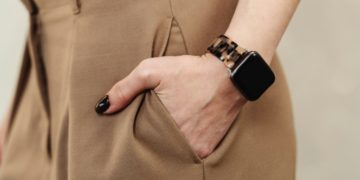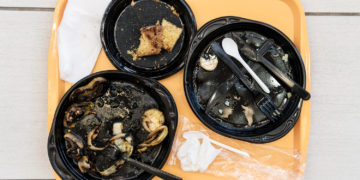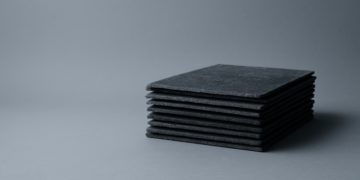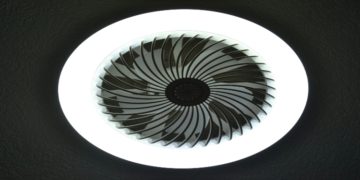That soft, sweet onesie you just picked up might look harmless — but the truth hiding in many baby clothes will surprise you. Most conventional baby apparel is made from cotton treated with pesticides, bleached with chlorine, and dyed using toxic chemicals. These residues can linger in the fabric, coming into contact with your baby’s sensitive skin every single day. It’s a reality few parents know about — but once you do, there’s a simple, healthier solution: choosing organic baby clothes that are free from harmful additives and made with care for both your little one and the planet.
Let’s be honest — baby clothes have gotten complicated. Between “organic,” “natural,” and “eco-friendly,” it can be hard to tell what’s marketing hype and what actually matters for your baby’s health. But when it comes to organic baby clothes, the truth isn’t what you might expect: it’s not just a trend. It’s a choice that can have a real impact on your baby’s comfort, well-being, and even the planet.
The Shocking Truth About Conventional Baby Clothes
Most baby clothes are made from conventional cotton — a crop that’s heavily treated with pesticides and often processed with harsh dyes and chemical finishes. Those cute little onesies on the rack? They may contain residues from formaldehyde, chlorine bleach, or synthetic softeners. While they might look harmless, those chemicals can irritate your baby’s delicate skin (which is up to five times thinner than an adult’s).
That’s why more parents are turning to organic baby clothes made without toxic dyes, flame retardants, or chemical treatments. When you choose organic, you’re choosing fabric that’s naturally soft, breathable, and safe — not just for your baby, but for the environment, too.
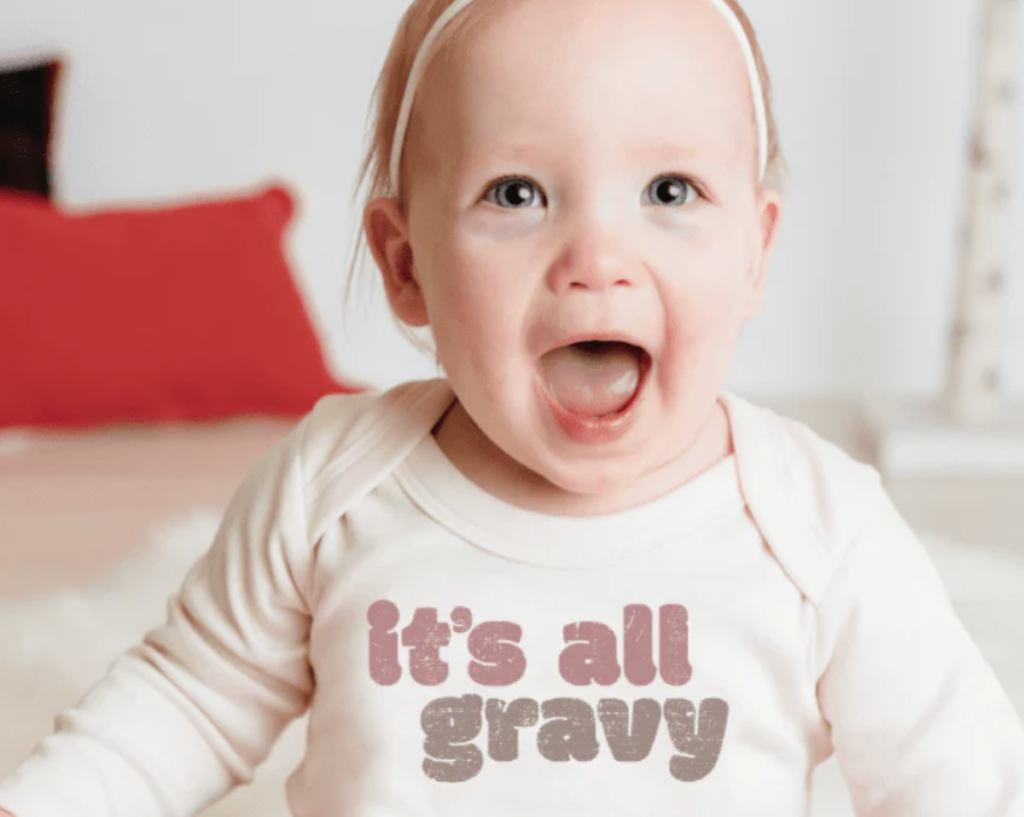
Why “Organic” Isn’t Just a Label
Here’s the catch: not all “organic” baby clothes are created equal. Some brands use the word loosely, but true organic clothing should be certified by the Global Organic Textile Standard (GOTS) — meaning it’s made from organic fibers, produced in ethical factories, and dyed using non-toxic, eco-friendly methods.
This level of care doesn’t just protect your baby from exposure to harmful substances; it also supports fair working conditions and sustainable farming practices that are better for our planet. In other words, going organic isn’t just a fashion choice — it’s a values statement.
Soft on Skin, Strong on Style
The good news? Today’s organic baby brands have moved far beyond basic white onesies. Parents can now find modern, design-forward styles that are as cute as they are clean — from playful prints to neutral staples that look great in photos and feel even better in your baby’s hands (and mouth).
Collections like Finn + Emma’s Organic Baby Clothes prove that sustainability and style can go hand in hand. Their pieces are made from 100% organic cotton and non-toxic dyes, offering everything from cozy bodysuits to trendy graphic tees — all designed with your baby’s comfort and the planet’s future in mind.
The Bottom Line
So… are organic baby clothes a scam? Not at all. In fact, they might be one of the smartest parenting decisions you make. Because when you strip away the marketing buzzwords and focus on what really matters — safety, comfort, and sustainability — organic baby clothes simply make sense.
Your baby deserves the softest start possible. Choosing organic means fewer chemicals, cleaner air and water, and a wardrobe you can feel genuinely good about.
✨ Ready to see (and feel) the difference? Explore the organic baby clothes collection loved by modern parents who care about both style and sustainability.


















